Are making choices different from making decisions?
Are making judgments different from making decisions?
Are making decisions more like making wagers than making choices or making judgments?
I included the following three respective comments:
CHOICE: When I talk to people about the difference between making choices, making judgments, and making decisions, I am particularly struck by the many who see decision-making as the same thing as choice-making. I usually suggest that they consider the "Let's Make A Deal" situation so they can feel the difference. Then I mention the Monty Hall problem, which is written up in Wikipedia.
JUDGMENT: When I talk to people about the difference between making choices, making judgments, and making decisions, I am also struck by the many who see decision-making as the same thing as judgment-making. I usually suggest that they consider the situation of the lover who has two (or more) beloveds. Is wanting to love one of them to the exclusion of all others, as in marriage, a matter of making a judgment or making a decision?
DECISION: What is the most significant wager you expect to ever make in your life? Assume that you are required to make the wager, i.e. you cannot choose not to wager. There is no way for you to "know" in advance what the outcome will be, but you must take a course of action anyway. In view of our ongoing discussion of the distinctions between making a choice, a judgment, and a decision, which one of these is the process you will use to make your wager?
I closed my question with a final one: What do you think? Altogether, I received over 50 answers.
Below is my summary analysis, including my own take on the differences, and my replies to the various points made.
1. QUESTIONER'S TOPIC: Choices, Judgments, Decisions
2. STRATEGIC ISSUE about the Topic: Will we change our approaches to making choices, judgments, and decisions?
3. RESPONSES: Responses can be found in their entirety on LinkedIn at:
Are making choices different from making decisions?
Are making judgments different from making decisions?
Are making decisions more like making wagers than making choices or making judgments?
4. WISDOM LINKS: Here are the links responders suggested for further consideration:
Special Counsel for Decision-Makers
Making Conscious Choices and Decisions
Dictionary definitions "decision"
Dictionary definitions for "judgment"
5. ORGANIZED RESPONSES:
At the outset, some suggest that choices viewed as options, determinations based on judgments, and decisions are largely interchangeable in modern usage of the terms. This was not unanimous by any count and hence the many and varied responses, some pointedly comic. Some would resolve the matter make on the difference between “making” a choice or judgment and “taking” course of action.
Recognizing that the use of terms may vary according to the question asked, I have now turned the three questions posed into an issue: "Will you change your approaches to making choices, judgments, and decisions?" By doing so, will your answer be a matter of choice, judgment, or decision? See how important the framing of the question is.
Some recognize that the original three questions present confusing concepts or that with no clear distinctions, the answers seem inevitably subjective. Thus the reluctance to try to answer is understandable.
However, this does not stop most from answering anyway. Others provide general advice. Some see choices as preferences and decisions following assessments. Perhaps we must push ahead with whatever operational understandings we have available. Apparently some academics have resolved the matter into categories of functionality: computation; judgment; compromise; and inspiration that invite further study. Some suggest how the formulation of identifying issues; analyzing them; assessing alternatives; and developing rational, actionable choice, demonstrated the difference between leaders and managers. Others suggest that there are causal relationships at work. Others deny that, seeing this as a game of semantics with the available answers being only "yes," "no," "I don't know," and "maybe"; or at bottom really being a matter of what we want versus what is likely to happen, thus suggesting that it is experience that counts the most. Some even see love as a matter of desire not judgment or decision. Then again, making choices, judgments, or decisions may be a matter finally of our individual destinies.
When we look to see the balance of some of the pros and cons, some see choice as nearly automatic, while making judgments require some process of weighing. Some deny that there really is choosing; rather, we identify choices then decide. In this regard, the Monty Hall problem was investigated by some, but not by all.
From a power analysis, it is noted that acceptable options may become the judged opinions imposed on others by a decision. Others look at this whole matter from the cost/benefit analysis of economics. On the other hand, when we have no final control, like in a wager, sometimes our power comes from instinctual reflexes.
Several people address the individual maker of the choice, the judgment, or the decision. Internal alignment or being decisively conscious or desiring the outcome are seen as the keys.
When looking at the facts and reasons we contend with in making choices, judgments, and decisions, many different processes are supplied. Some see the processes as different: Passive judgment versus forced decisions; choosing among options versus evaluating judgments versus strategic decisions; options based on information and research; choice as unconscious, intuitive, irrational, and decision as conscious and rational. Others saw judgment as resulting in opinion and decision resulting in action. Others deny action to be the hallmark of decision since we can always do nothing. Some even notice that good judgments may lead to bad decisions. Others see judgments as leading to decisions that are determined by answering the question posed.
Beyond facts and reasons are emerging insights and oversights. Some notice something that happens beyond choice and judgment that may only appear in deciding. Choices and judgments are not like the creative movement of decisions; judgment freezes things. While judgments involve comparison, judgments do not change reality, but decisions do. Some suggest that decisions may involve "celestial voices."
When it comes to telling the choice, judgment, or decision, some admit the limitations of options and suggest we may talk of deciding with our hearts, our guts, and have to be ready to live with it, recognizing the difference between conditional choice and creative decision. Taken to the level of morality, we may face judgments of right and wrong, while recognizing that even a decisive choice must serve life.
With respect to the involvement of risk analysis, some see the chief characteristics of the answer as involving the willingness to kill off alternatives and being stuck with the one left that you are sure of and find appropriate. Others see special cases and deny ever wanting to make a decision like a significant wager. Still others see decision-making as little more than planned gambling or raise final problems related to standing by our convictions, decisions by committee, and strategic decisions as little more than after-the-fact justifications.
When looking for signals that the decision discerned is the right one, some see the signal when we make up mind or when we no longer experience variance, but rather have reached the ultimate, final, absolute. Others see it differently, with decisions being more like a work in process only final when you arrive at the work's conclusion.
6. MY ANSWER: To me, making choices, making judgments, and making decisions are distinctly different. Given the state of our language, perhaps indeed of all live languages, common parlance allows people to use any of the terms to mean something, but it is only when we look closely that we learn what is really meant. Hence, changing the three questions “Are making choices different from making decisions? Are making judgments different from making decisions? Are making decisions more like making wagers than making choices or making judgments?” into one "Will we change our approaches to making choices, judgments, and decisions?" suggests how important the question formulation is. The single question does not ask for a choice, nor for a judgment, but rather for an exercise of the will, i.e. a decision. Choices address present alternatives; judgments address past facts with pre-established criteria or reasons; only decisions address the future.
For more, please see my blog “Creative Decision-Making.”
7. REPLIES TO RESPONDENTS: While choices viewed as options, determinations based on judgments, and decisions are largely interchangeable in modern usage of the terms, no definition is air-tight. Please allow each of us folk to play the fool at times. While some insist that the difference may be only between “making” a choice or judgment and “taking” course of action, I have not found the difference between “making” and “taking” a decision as determinative. Rather the difference seems to come about from how we were taught the expression in different areas of the world.
Recognizing that the use of terms may vary according to the question asked, I turned the three questions posed into an issue. While the three questions called for the exercise of choosing and judging, they did not call for a decision. Now, with the new question: "Will we change our approaches to making choices, judgments, and decisions?" I hope you see the difference more sharply. Moreover, I urge all of us to adopt a new approach. Mine is set out on my blog for your convenient reference. Hopefully, you will make a decision about your own approaches over time.
The original three questions do present confusing concepts; and, with no clear distinctions, the answers may seem inevitably to be subjective. But, with the clarification added later that comes from discussion with colleagues, I believe we can come to see some objective characteristics that support the different uses.
The general advice given is helpful in its variety of possible approaches. General advice frees us from specific instruction about what to do. Choices are often seen as preferences or matters of taste and decisions often follow assessments, but not always. Operational understandings provide working processes until they fail to be useful. The academics who have resolved the matter into categories of functionality: computation; judgment; compromise; and inspiration are certainly worth further study, but I think these matters are largely common-sensical. The formulation of identifying issues; analyzing them; assessing alternatives; and developing rational, actionable choice, demonstrated the difference between leaders and managers is useful as far as it goes. Its limitation is requiring the decision to be rational. While I too want to avoid the irrational, there are non-rational alternatives excluded by this criteria. Hence for me, decision-making with such a criteria is judgment masquerading as a decision. It may lead to forms of after-the-fact justification. There are causal relationships in making choices, judgments, and decisions, but they are not necessarily linear. More normally, I find decisions to be spiral in nature.
On the other hand, seeing these questions as a game of semantics, with the available answers being only "yes," "no," "I don't know," and "maybe," reminds me of the Magic 8-Ball approach to divining the answer, that is not caring about causal relations. The 20 standard answers on a Magic 8-Ball (a 20-sided die floating out of a dark blue liquid into a window of a large #8 cue ball) are:
- As I see it, yes
- Ask again later
- Better not tell you now
- Cannot predict now
- Concentrate and ask again
- Don't count on it
- It is certain
- It is decidedly so
- Most likely
- My reply is no
- My sources say no
- Outlook good
- Outlook not so good
- Reply hazy, try again
- Signs point to yes
- Very doubtful
- Without a doubt
- Yes
- Yes - definitely
- You may rely on it
Ten of the possible answers are affirmative, five are negative, and five are non-committal. This is truly operating in the blind, though we know all the answers in advance and must be willing to accept the magic superstitiously.
At bottom making choices and judgments, but not necessarily decisions, may well be a matter of what we want versus what is likely to happen, thus suggesting that it is experience that counts the most. But using “wanting” this way suggests the activity is mainly an untethered form of “wishing.” Seeing love as a matter of desire not judgment or decision suggests that our deepest desires to love or be loved are not part of any of these processes. Because we are human beings, I believe to the contrary, though I do not believe in pre-determined destinies with respect to our character formation. Our exercise of free will is at the heart of character for me.
The balance of the pros and cons (choice as nearly automatic while making judgments require some process of weighing versus denying that we just decide after identifying choices) does not help me get past the problems of pre-established alternatives. Hence my use of the Monty Hall problem, where what’s behind the door is already known by those administering the choice.
On the level of power analysis, I agree that acceptable options may be derived from the judged opinions imposed on others by a “decision." That’s why we largely view choices as options given by others and judgments as options underpinned by assumptions, reasonable or not, agreed to or not. Some go far as to say that all of reasoning is ultimately a matter of hypothesis. Looking at this whole matter from the cost/benefit analysis of economics is but one of the rational sets of assumptions that many rely on.
On the other hand, I agree partially that when we have no final control, like in a wager or in a threatening situation, sometimes our power may seem to come from “instinctual” reflexes. I prefer to speak of animals as having instincts and humans as having intuition. Thus, we intuitively respond as humans, without the need or desirability of thinking we are after acting like animals when we choose, judge or decide to take a course of action.
I agree that the course of action we take should include internal alignment. Our unconscious mind may well prepare us to take decisively conscious action. But until we become conscious, I doubt we are ready to make choices, judgments, or decisions. Nevertheless, knowing what we want or desire as an outcome is a key.
Looking at choices, judgments, and decisions as metaphorical “keys,” we use the choice key to open many alternative doors, not just one; we use the judgment key to open only the doors with pre-existing combinations or codes that match the key; but we use the decision key to open only one door: the door that opens onto the course of action and path we are willing to take in the end to the exclusion of all others.
While it often appears that judgments are passive since they are based on evidence and given assumptions and that decisions are forced, I see choices as more passive since others have pre-determined them and judgments more active because the assumptions have to first be examined and then agreed to. Decisions that are forced suggest the apparent emergence of the oversight of “power makes right,” rather than “right makes might.” Again, such forced “decisions” are worse than having only a single choice. True choosing among options versus evaluating judgments versus strategic decisions, seem to be available alternatives, but strategic decisions may be the exercise of basing judgments of the future on the past and thus not much more than a projected judgment or a post-dated justification, regardless of information and research upon which it is based.
Those who dismiss choice as unconscious, intuitive, and irrational, and favor decision because it is conscious and rational, overlook the non-rational avenues of approach to decision-making, I fear. “Conscious and rational” can just as easily be the making of judgments. Judgments resulting in opinion and decisions resulting in action tell part of the story, for I see decision-making as taking a future course of action. Doing nothing, to me, is the same as making a judgment, not a decision, because nothing changes as time unfolds. Good judgments often lead to bad decisions because of the failure of buy-in by our wills. Judgments may lead to decisions determined by answering the question posed, but only questions that call for the exercise of will and not just questions asking about what we know.
It seems clearly common-sensical that choices and judgments are not like the creative movement of decisions. Judgments do freeze things in order to assess them, like a single image taken out of a video. While judgments involve comparison and judgments do not change reality, I agree that decisions do. When decisions are based on messages received and accepted in answer to prayers, for example, the celestial voices of angels are often heard. As I elaborate in my blog, for the Decision-Maker’s Path™, when the decision-maker sees or hears or feels the emerging insights and oversights, creativity comes into play. When the decision-maker apprehends the insight and appreciates the oversight, the person makes something of them. What is being made? Generally speaking, the person deciding is giving his or her free assent to take a specific future course of action that is presented symbolically in what is apprehended and that answers the issue in question.
Telling the choice, judgment, or decision, does involve admitting to the limitations of options and often hearing about deciding with our hearts, our guts, and having to be ready to live with it. These expressions are inexact, but convey the mystery of the processes and the level of commitment anticipated. It is good to recognize the difference between conditional choice and creative decision where hypothetical reasoning directs the former case and our imaginations come into play in the latter. It is even better when we face decisions that involve the morality of right and wrong. I agree that choices, judgments, and decisions must serve life; but, I would add, they must also serve the truth found in the light of insight and the darkness of oversight.
Toward the end of the Decision-Maker’s Path™, the issue of risk is addressed. Unlike with alternative choices and judgments based on different assumptions, decision-making does involve the willingness to “kill off” alternatives and to take action even in the face of ignorance. We may be stuck with the alternative left that we are “sure” of and find “appropriate," but it’s more often a matter of belief than not. Unlike repetitive choices or sequentially aligned judgments, decisions are always special cases. Those who deny ever wanting to make a decision like a significant wager may in the end bet their lives on something that sneeks up on them without their awareness. Those who see decision-making as little more than planned gambling, may want to consider Pascal’s analysis of gambling and his famous wager. Those who raise problems related to standing by convictions must surely have examined those convictions in their depths, lest they be jailed in them. Those who raise problems related to decisions by committee may want to consider that, especially with networking technology, the members of one’s network are already involved in one’s decision-making processes if we will simply advert to their input. The consensus may change over time, but at the heart of the matter will be an evolving (based on insights) or devolving (based on oversights) storyline of the groups we work, live, and love with.
In the end some of the members making the decision will continue wandering; some will stay and fight for what they stand for; some will sacrifice their individual desires for the benefit of the group; and some will serve as continuing visionaries for the group. Those who see strategic decisions as little more than after-the-fact justifications, provide the necessary, cautionary advice concerning judgments masquerading as decisions.
Finally, with respect to signals pointing to whether the discerned decision is the right one, I see the signal as more than making up one’s mind. Making a decision involves the mind, the heart, the soul, and the spirit of the decision-maker. True, when we no longer experience variance and have reached the decision, it may well feel like we are experiencing the “ultimate,” the “final,” and the “absolute."
I see these sorts of feelings as the effect of the integration of mind, heart, soul, and spirit that happens within oneself when the “right” decision is made. The integration fuels the enthusiasm that allows for the subsequent execution of the decision.
Because we are all “works in process," until we die, by practicing decision-making along the way we will definitely be better prepared to deal with the ultimate, absolute, and final decision when we arrive at the conclusion of our mission on earth.
What do you think? Will you change your approaches to making choices, judgments, and decisions?
John
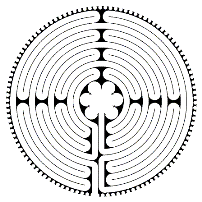
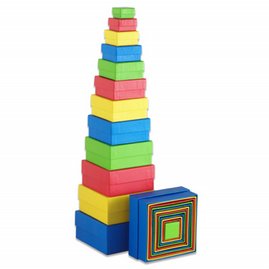
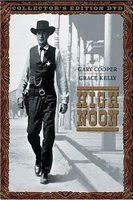

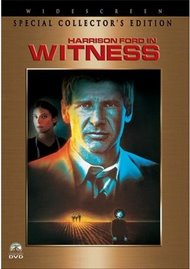
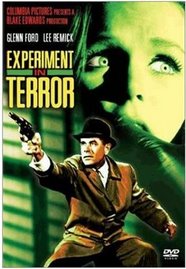


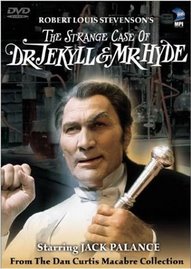
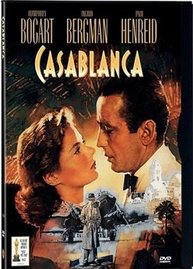
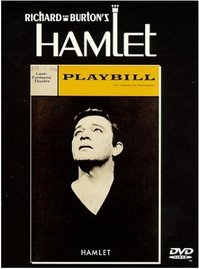
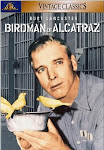
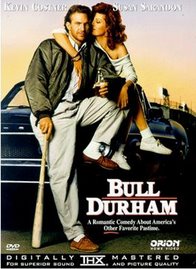
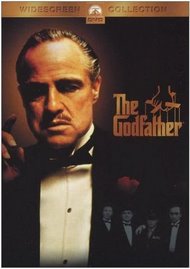
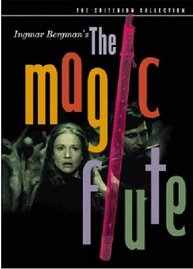
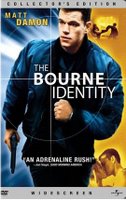
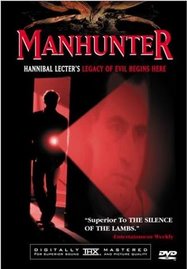
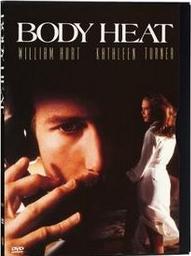

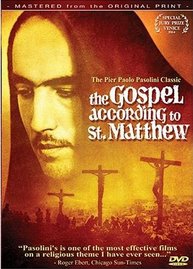
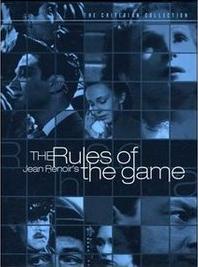
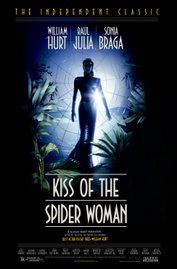
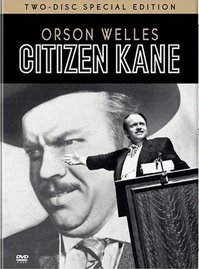

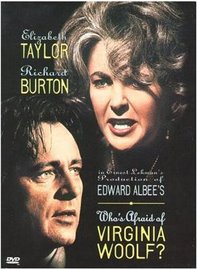
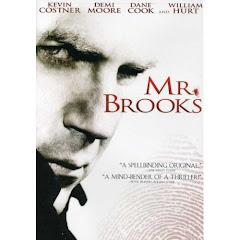
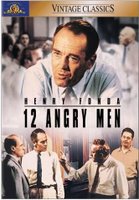

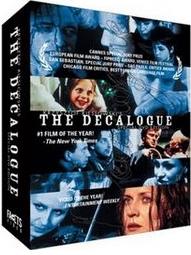

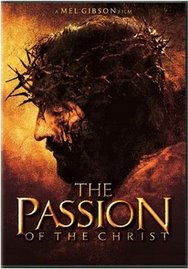

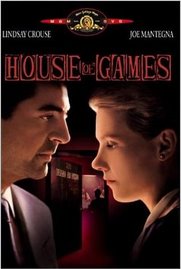



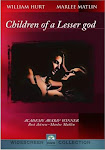
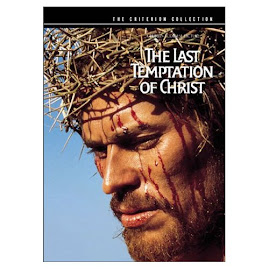
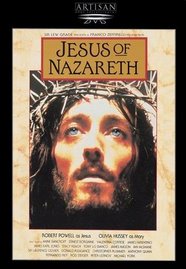
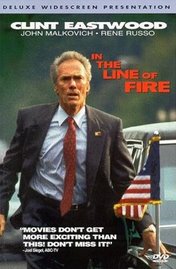
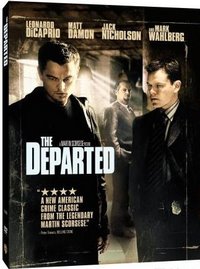

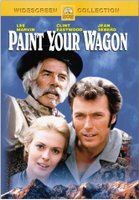
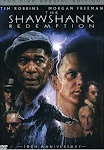
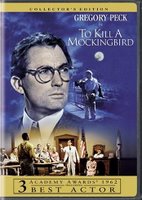

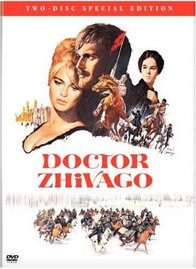

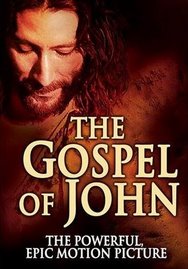
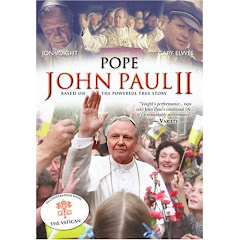

No comments:
Post a Comment